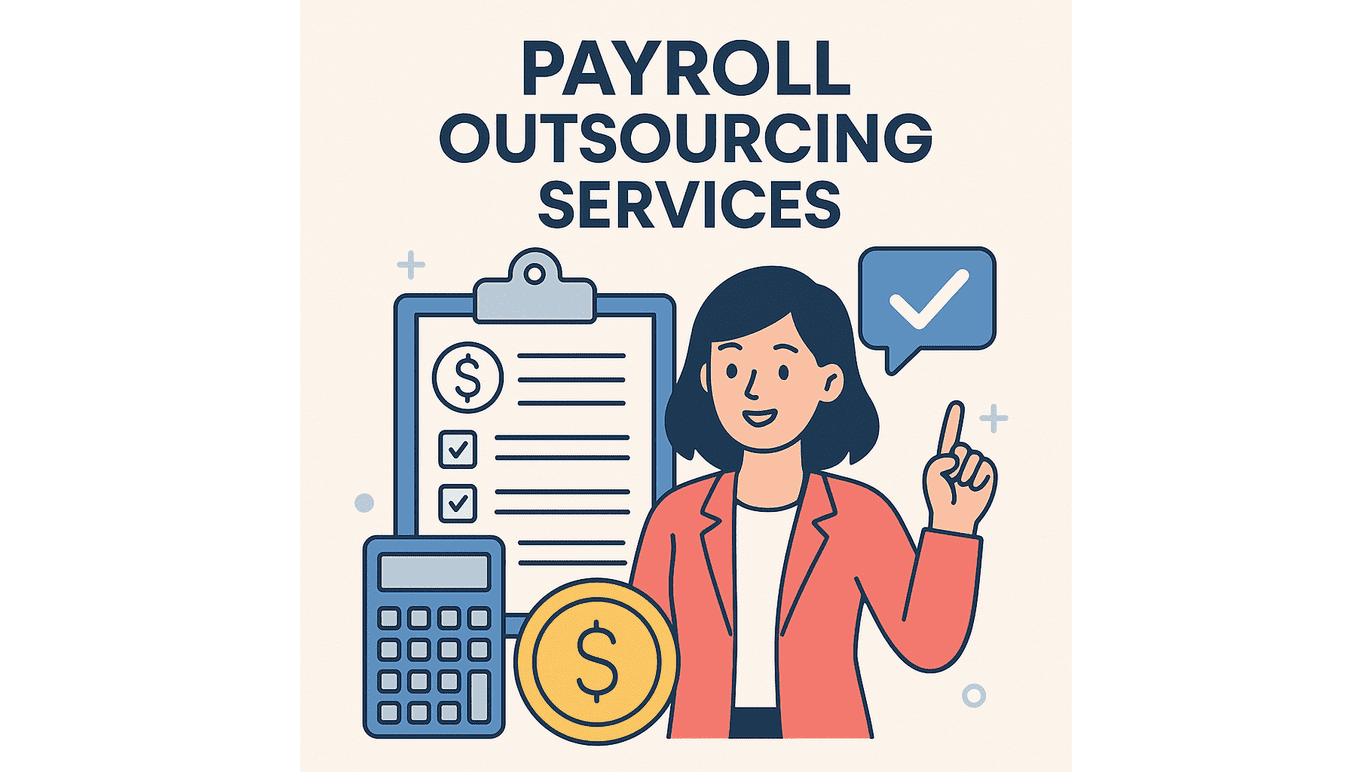
Business valuation is an essential process for determining the economic worth of a company. Whether a business owner is preparing for a sale, merger, acquisition, or internal restructuring, knowing the true value of the business is crucial for informed decision-making. There are several methods used to determine business valuation, each tailored to different types of businesses, industries, and scenarios. In the UK, a country with a dynamic and diverse economy, understanding these methods is critical for entrepreneurs, investors, and stakeholders alike. This article explores the most common methods of business valuation, offering insight into when and why each method should be used.
1. Asset-Based Valuation
The asset-based valuation method assesses a company’s value by considering its total assets and liabilities. There are two main approaches within this method: the book value method and the adjusted net asset method.
- Book Value Method: This method uses the value of assets and liabilities as listed on the company’s balance sheet, subtracting liabilities from assets to determine the business’s net worth. While simple and straightforward, this method doesn’t always account for intangible assets such as intellectual property or brand reputation, which can be significant for many companies.
- Adjusted Net Asset Method: This approach involves adjusting the book value to reflect the current market value of the assets and liabilities. This method provides a more accurate valuation when assets have appreciated or depreciated significantly over time, offering a realistic market value.
When to Use Asset-Based Valuation:
- Asset-Heavy Companies: Companies with significant tangible assets such as real estate, manufacturing equipment, or inventory often use asset-based valuation. It’s also common in businesses where tangible assets play a more critical role than cash flow, such as in real estate or heavy manufacturing.
- Liquidation Scenarios: This method is suitable for situations where a company is being liquidated, as it helps determine the value of its assets after all liabilities are settled.
However, asset-based valuation may not fully capture the value of a company in growth sectors, such as technology or service industries, where intangible assets like intellectual property and customer relationships are vital. In these cases, methods that better reflect future earning potential are preferred.
2. Income-Based Valuation
Income-based valuation focuses on a company’s future earning potential. The most commonly used approaches within this category are the Discounted Cash Flow (DCF) method and the Capitalisation of Earnings method.
- Discounted Cash Flow (DCF): The DCF method estimates the value of a company based on its expected future cash flows, which are discounted back to their present value. This approach assumes that the value of the company is tied to its ability to generate future cash, adjusted for the time value of money (i.e., cash today is worth more than the same amount of cash in the future). The key variables in this model include projected cash flows, the discount rate (often based on the company’s cost of capital), and the length of time over which cash flows are forecasted.
- Capitalisation of Earnings: This method involves estimating a company’s value by dividing the current or expected earnings by a capitalisation rate. The capitalization rate represents the required rate of return on investment and takes into account factors like industry risk and the company’s growth prospects.
When to Use Income-Based Valuation:
- Growth Companies: For businesses with significant future earning potential, particularly in sectors like technology, pharmaceuticals, or renewable energy, income-based valuation methods provide a clearer picture of the company’s long-term value.
- Stable and Mature Companies: The Capitalisation of Earnings method works well for businesses with consistent earnings and predictable growth. For instance, well-established service providers or retail companies may benefit from this approach.
- High Intangible Asset Value: Companies with substantial intangible assets such as intellectual property, patents, or strong customer bases—where future income is tied to these assets—often use income-based valuations.
This method requires robust financial projections and an understanding of the market risks, making it ideal for businesses where management consultancy services in the UK are actively involved in financial forecasting and long-term planning.
3. Market-Based Valuation
The market-based valuation method determines a company’s value by comparing it to similar businesses that have been sold or are publicly traded. This method uses various multiples—such as revenue, EBITDA (earnings before interest, tax, depreciation, and amortisation), or profit—to estimate the business’s value.
- Comparable Companies Analysis (CCA): This approach involves evaluating the valuation multiples (e.g., price-to-earnings or EV/EBITDA ratios) of comparable companies in the same industry. For instance, if similar businesses have been sold recently, those transaction values can serve as a benchmark for assessing the company in question.
- Precedent Transactions Method: In this method, recent sales of similar businesses are analysed to determine a valuation multiple. This is particularly useful in mergers and acquisitions, where the sale price of comparable companies provides a guide for valuing a business.
When to Use Market-Based Valuation:
- Competitive and Well-Defined Markets: This method works well when there are numerous comparable businesses in the same industry, making it easier to find relevant data for comparison. It’s commonly used in industries with many publicly traded companies or frequent mergers and acquisitions.
- Investment and Acquisition Decisions: Market-based valuation is useful for potential investors or buyers who want to see how the business stacks up against its peers. It provides a good indicator of the market’s perception of the company’s value.
- Established Companies: This approach is best suited to mature companies with a stable position in a well-defined market. For instance, established manufacturing companies or retail chains in the UK often find this method useful for benchmarking their value.
However, it may be challenging to use this method effectively for companies in niche or emerging industries where there are fewer comparable businesses. In such cases, the role of corporate valuation services becomes crucial for obtaining reliable benchmarks.
4. Earnings Multiplier Valuation
The earnings multiplier method values a business by multiplying its current or future earnings by an industry-specific multiplier. The multiplier reflects the perceived risk and growth prospects of the company within its sector. The higher the multiplier, the more valuable the company is perceived to be. For example, tech companies often have higher multipliers because of their high growth potential, while traditional brick-and-mortar businesses may have lower multipliers due to their more predictable, slower growth.
When to Use Earnings Multiplier Valuation:
- Predictable Earnings Streams: This method works well for companies with predictable earnings and a clear growth trajectory. Service businesses, particularly those offering management consultancy services in the UK, often use this method when they have a stable, recurring revenue base.
- Businesses in Standardised Industries: Earnings multipliers are commonly used in industries with well-established norms for valuing companies based on their earnings, such as retail, manufacturing, and hospitality.
- Investors and Buyers: Buyers and investors often use the earnings multiplier method to evaluate potential acquisitions because it offers a quick and straightforward way to compare companies across the same industry.
However, this method relies heavily on the quality of earnings projections and may not be suitable for companies with fluctuating income or those in volatile industries.
5. Hybrid Valuation Methods
In some cases, it’s beneficial to combine multiple valuation methods to arrive at a more comprehensive and accurate figure. For example, a company might use an income-based method such as DCF to project future earnings while also considering asset-based methods to account for tangible assets. A hybrid approach allows flexibility and is particularly useful in complex valuation scenarios where no single method offers a complete picture.
When to Use Hybrid Valuation:
- Complex Businesses: Companies with a mix of tangible and intangible assets, such as manufacturing firms with strong intellectual property portfolios, may benefit from combining asset-based and income-based approaches.
- Different Stakeholder Perspectives: For negotiations involving multiple stakeholders—such as mergers or acquisitions—a hybrid approach provides a balanced valuation that considers various aspects of the business.
- Uncertain or Volatile Markets: In volatile markets where future earnings are hard to predict, using a combination of methods can offer a more conservative and realistic valuation.
In the UK, corporate valuation services frequently employ hybrid methods, especially when working with companies in emerging industries or businesses undergoing significant transformation. This approach ensures that both current assets and future earnings are taken into account, providing a rounded valuation that appeals to different investor or buyer profiles.
Choosing the right business valuation method is crucial for determining an accurate and realistic company value. The most appropriate method depends on the nature of the business, the industry it operates in, and the purpose of the valuation. Asset-based valuation is suitable for asset-heavy or liquidation scenarios, while income-based methods like DCF are ideal for growth-oriented companies. Market-based approaches offer valuable benchmarks for companies in competitive industries, while earnings multiplier methods provide a quick comparison across peers.
Given the complexity of business valuation, especially for companies with a mix of tangible and intangible assets or those in fluctuating markets, engaging with company valuation services uk can be highly beneficial. These services offer tailored approaches to valuation, considering the unique circumstances of each business. For companies in the UK, leveraging the expertise of management consultancy services in UK markets can also provide critical insights into financial forecasting, risk management, and long-term value creation.
Understanding when to use each valuation method can help business owners and investors make informed decisions, whether preparing for a sale, raising capital, or planning for future growth. In a dynamic market like the UK, ensuring the right valuation approach is chosen can make a significant difference in achieving business objectives.







